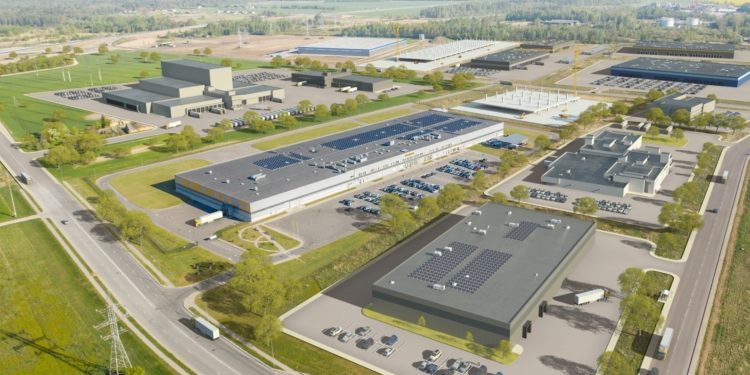Special Economic Zones (SEZs) have been used by governments worldwide to lift their citizens out of poverty, especially in low-income countries. For example, a fishing village in China turned into a cosmopolitan city with a per capita GDP growth rate of more than 100% within a few years of operation after it was turned into an SEZ.
The government of Kenya passed a law in 2015 to facilitate the creation of SEZs, which were intended to help drive economic growth and help the country transform into a middle-income economy.
The Kenyan SEZs are mainly grouped into industrial park zones, agricultural zones, science and technology parks, free trade zones, and others. The government’s strategy to drive investors into the SEZs is mainly through discounts and incentives where the land within the zones is to be sold at relatively lower prices, coupled with incentives for larger investors on lower corporate tax at 15% from the 30% paid by developers outside the zones. The investors must also operate with single business permits and licenses to speed up the permit approval process. This is meant to drive economic growth while creating jobs.
Read more: Agriculture As Kenya’s Major GDP Contributor
Eight years later, the project is yet to materialize, with the government owning only four of the 24 gazetted SEZs in Kenya, with Konza Technologies City being the largest government SEZ sitting on a 5,000-acre piece of land in Makueni County and Tatu City in Ruiru being the largest privately owned SEZ in Kenya.
The main factor inhibiting this transition has been limited funding by the government to set up the required infrastructure like proper roads, drainage, electricity, and water to attract investors to the SEZs, which are mainly located away from the cities. In addition, the permit process is not smooth yet, with developers needing to acquire several permits to operate in the SEZs.
Other factors limiting the SEZs have been political interference, a lack of land in some counties, especially the agricultural counties, and a lack of necessary information about SEZs among the general public.
If well implemented, SEZs will help even out economic growth in the counties and improve the country’s real estate sector.
Email your news TIPS to editor@thesharpdaily.com


















